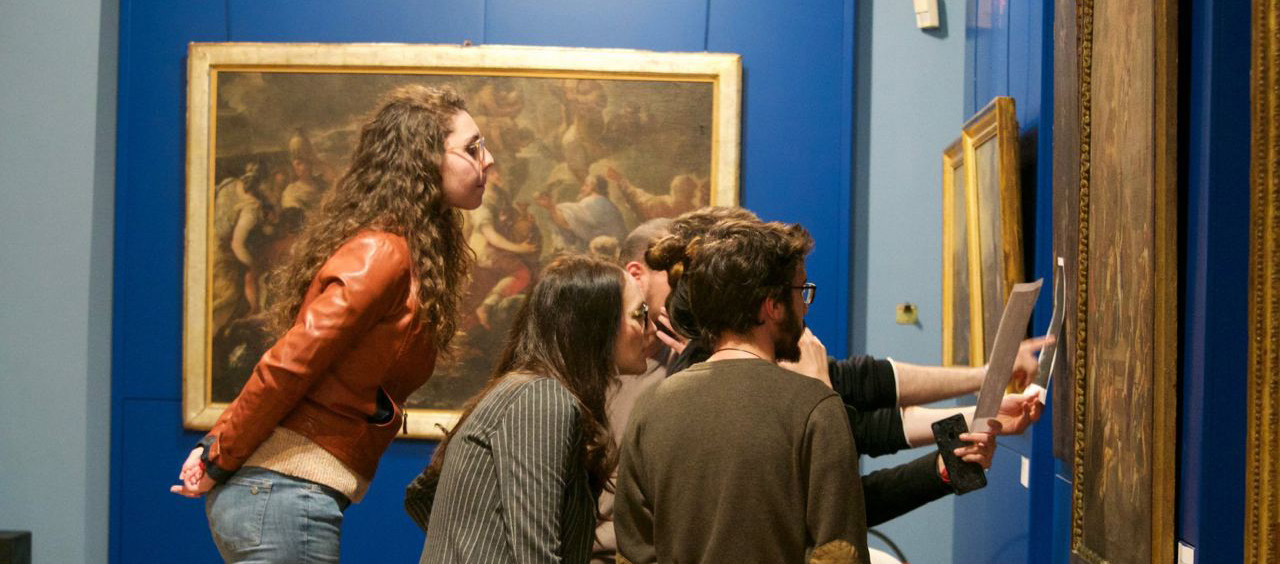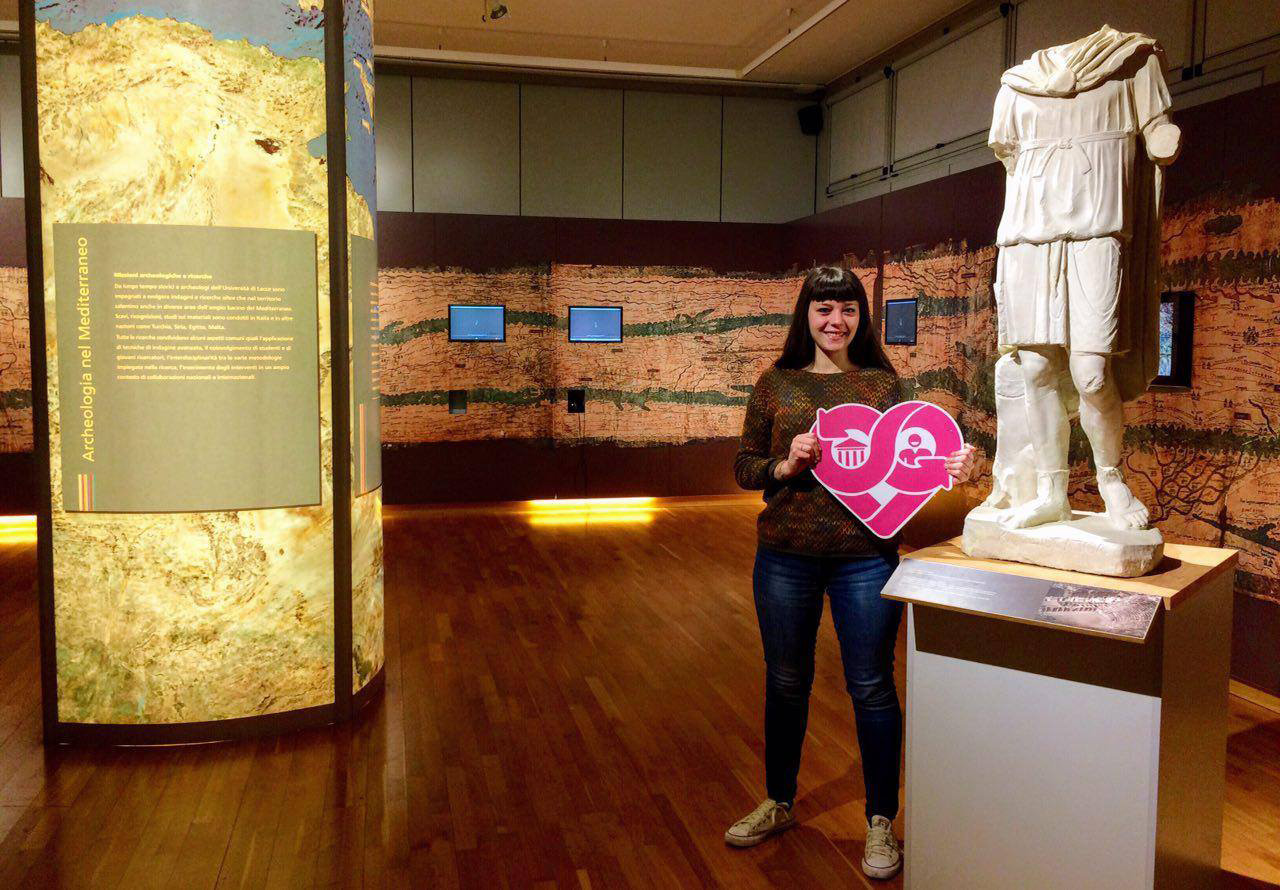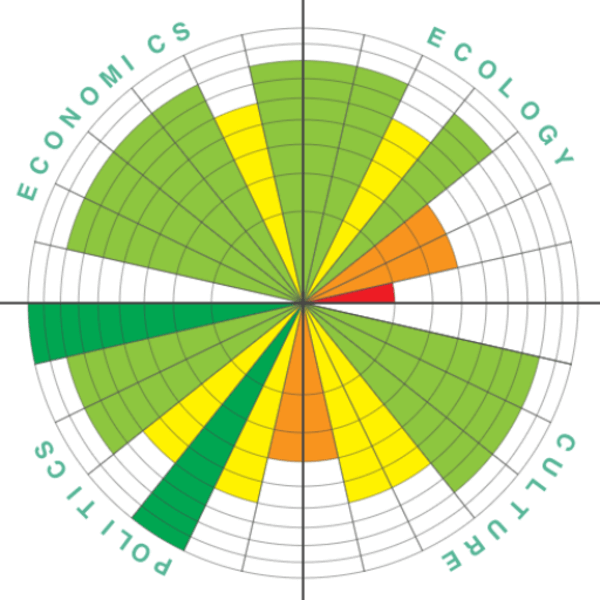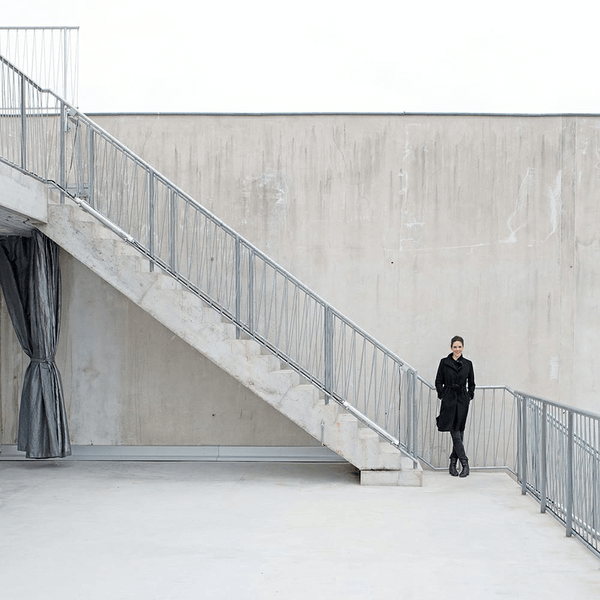Status
completed
100%
City
Puglia
Main actors
Regional Government, National Government, NGO / Philanthropy, Community / Citizen Group
Project area
Whole City/Administrative Region
Duration
2016 - 2022
Swapmuseum is a cultural participation project, based on a mutual exchange among young people defined as “swappers” (16 - 29 years). 65 small museums and small companies who provide financial support, as well as vouchers for the purchase of books, cinema, theatre and concert tickets. The value of the vouchers is equal to the hours spent by the swappers in the museums during practical activities. The project aims to involve young people in museum life, in order to realise non-specialist voluntary activities, codefined with the scientific management of the museum. The project is integrated into the regional cultural context of Puglia.
Originally published by Eurocities – Cultural Heritage In Action: PDF
On Map
The Map will be displayed after accepting cookie policy



